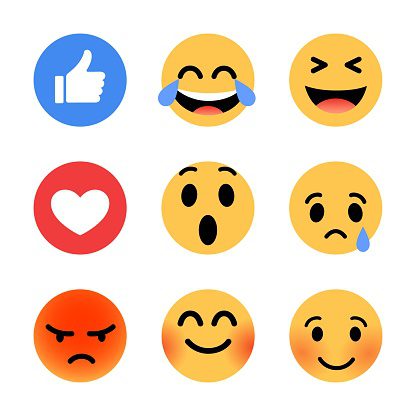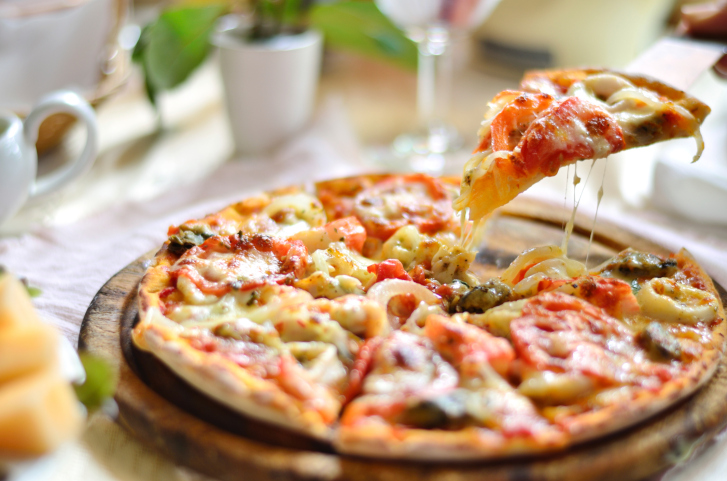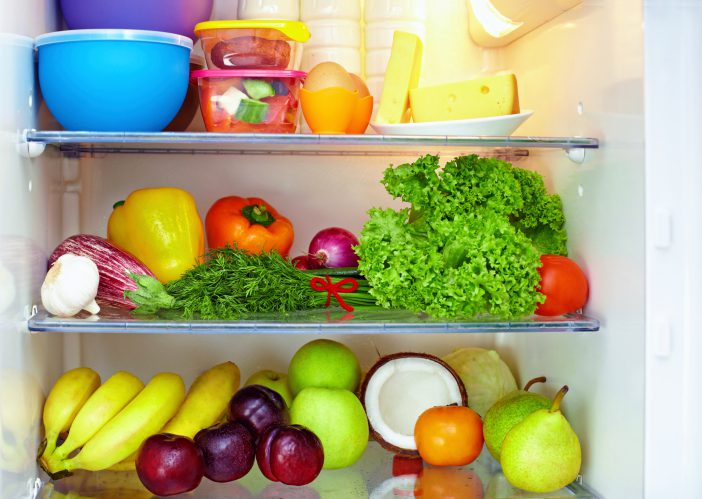Tips for managing emotional eating
How stress plays into eating habits, and tips to help runners stay on track nutritionally

Like everything in your life, your eating schedule has probably taken a turn for the unconventional. With most folks working from and spending most of their time at home, snacks are easily accessible and certainly have the tendency to replace square meals. If you’re daily diet has become difficult to manage, here are some tips from a registered dietician and marathoner for coping with emotional eating during COVID-19.

RELATED: Healthy pantry staple meals with the pros
Rachel Hannah is a 2:32 marathoner and Pan Am medallist. She says everyone experiences stress differently, and that stress manifests in various ways in runners’ diets.
“Some people will lose their appetite, some will have an increase in appetite and others won’t see any change,” she says. “Eating and anxiety is a very personal thing.”

For those with a lowered appetite
Low appetite is especially important for runners to keep an eye on, especially if they’re continuing to train. Weight loss is one symptom of RED-S (relative energy deficiency in sport). Others symptoms include menstrual dysfunction and loss of bone mineral density. Runners who experience low energy availability are also much more likely to develop stress fractures–one of the most frustrating running injuries.
RELATED: Nutrition advice for runners dealing with RED-S
If your appetite is waining right now, Hannah recommends that runners stick to frequent, smaller meals and substitute snacks for smoothies (a simple way to pack lots of calories into something that goes down easily).
“Don’t go longer than four hours without eating,” she says. “If you’re having a hard time, remember to reach out to people to help you adjust. A registered dietician can also help you come up with a new plan if you think you need one.”

For those with an increased appetite
For runners with an increased appetite, maintaining a schedule is your key to success. Again, try and have a snack or meal every three to four hours, which should prevent a dinner binge if you haven’t eaten well through the day. Consistency is key.
“If you feel way too full, you probably had too much,” Hannah says. “Portions are a lot easier to manage if you’re eating consistently. Timing food well helps to avoid overeating.” Hannah also recommends practicing mindful eating.
“When you get a craving, evaluate if it’s a response to an event or if it’s truly hunger. Give yourself a few minutes to decide if you’re really hungry.”

RELATED: Why Sage Watson doesn’t believe in dieting
Advice for everyone
Hannah recommends runners keep healthier options in the house, prepare snacks that include both a protein and a carb (this helps with satiety) and allow yourself to have some treats–guilt-free.
“Exercise and hydrate–this will help manage stress,” she says. “Be aware of your patterns. But also, with everything right now, be kind to yourself. If you gain some weight during this time, that’s normal. No one is racing for a while, so now is the time to not stress so much about nutrition. Don’t be so hard on yourself and remember that an extra treat or two is totally fine.”
RELATED: Is low-FODMAP the new gluten-free?


